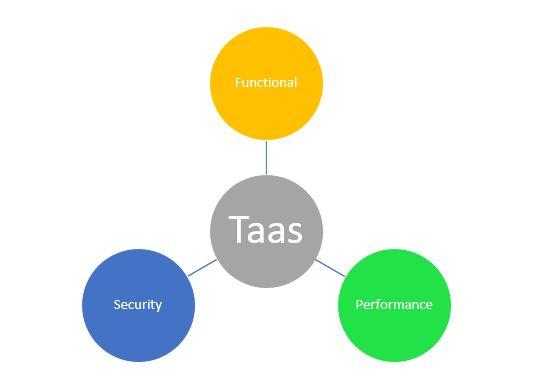The Core Concept of On-Demand Software Quality Assurance

The modern software development landscape is being revolutionized by the adoption of Testing As A Service (TaaS), an outsourcing model where quality assurance (QA) and testing activities are delegated to a specialized third-party provider. This model leverages the power and scalability of the cloud, allowing businesses to access a comprehensive suite of testing services, advanced tools, and expert personnel on a flexible, pay-per-use or subscription basis. Instead of bearing the high upfront costs of building and maintaining an in-house testing team and infrastructure, organizations can tap into on-demand services as needed. This approach provides the agility required to support fast-paced development methodologies like Agile and DevOps, ensuring that quality assurance can keep pace with the speed of innovation without becoming a bottleneck in the delivery pipeline.
The scope of services offered under the TaaS model is extensive, covering the entire spectrum of the software development lifecycle (SDLC). This includes foundational functional testing to verify that an application works as intended, as well as more specialized forms of quality assurance. Performance testing services simulate high user loads to ensure the application is scalable, stable, and responsive under stress. Security testing identifies vulnerabilities and protects against potential cyber threats. Furthermore, TaaS providers offer usability and compatibility testing, ensuring a positive user experience across a vast array of devices, operating systems, and browsers. This comprehensive coverage allows businesses to achieve a holistic quality standard for their products without needing to hire and train specialists in each of these distinct and complex domains.
The business benefits of adopting a TaaS strategy are compelling and multifaceted. The most immediate advantage is significant cost reduction, as it converts the high capital expenditure (CapEx) of building an internal QA department into a predictable operational expense (OpEx). This model accelerates the time-to-market for new applications and features by enabling parallel and continuous testing, which shortens development cycles. Access to a provider's specialized expertise and state-of-the-art automation tools leads to a tangible improvement in overall software quality, reducing the number of costly defects that reach production. Finally, the inherent scalability of TaaS provides businesses with unparalleled flexibility to ramp their testing efforts up or down in direct response to project demands, ensuring optimal resource allocation.





